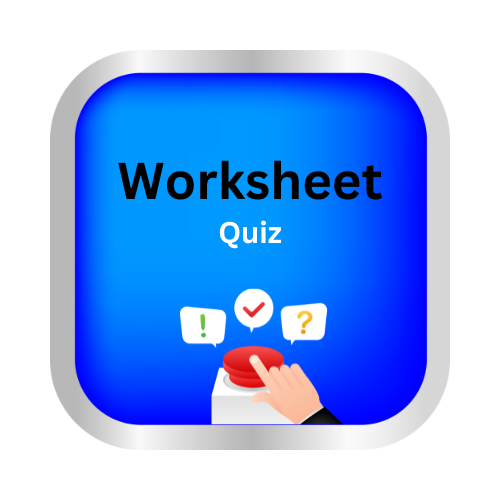Describe the difference between related words
key notes:
| What are Related Words? |
Related words are words that have similar meanings, but aren’t exactly the same. They’re like cousins in a family – they share some similarities, but have their own unique personalities! Knowing the subtle differences between related words can make your writing and speaking much more precise and interesting.
Think of it like this: a dog and a puppy are related. Both are canines, but a puppy is a young dog.
| How to Spot the Differences |
Here’s how to figure out the differences between related words:
- Think about the main meaning: What do both words generally refer to?
- Look for shades of meaning: Does one word imply something extra? Is it more intense, more formal, or used in a specific situation?
- Consider the context: How would each word be used in a sentence? Could you swap them, or would it sound strange?
| Examples |
| Happy vs. Joyful Happy: Feeling pleasure or contentment.Joyful: Feeling great happiness; full of joy.Joyful is a stronger, more intense feeling than happy. You might be happy to get a good grade, but joyful to win a big prize! | See vs. Observe See: To notice with your eyes.Observe: To watch carefully and attentively.Observing implies a more focused and deliberate act of watching. You might see a bird fly by, but you would observe a scientist conducting an experiment. |
| Big vs. Enormous Big: Of considerable size.Enormous: Extremely large.Enormous is a much bigger size than big. A big dog versus an enormous whale, the latter being much bigger. | Talk vs. Chat Talk: Speak in order to give information or express ideas or feelings; converse or communicate by spoken words.Chat: Talk in a friendly and informal way.Chat implies a lighthearted, casual conversation. You talk during a presentation but chat with your friends. |
| Time to Practice! |
Exercise 1: What’s the Difference?
For each pair of words, write one sentence describing the difference in their meaning:
- Sad vs. Miserable
- Run vs. Sprint
- House vs. Home
Exercise 2: Choose the Best Word
Read each sentence and choose the word that fits best:
- The detective (saw/observed) the crime scene carefully.
- I was (happy/joyful) to receive a birthday card from my grandma.
- The elephant was (big/enormous)!
| Summary |
Today, we learned how to identify and describe the differences between related words. By understanding the nuances of words like happy vs. joyful and see vs. observe, we can become more precise and effective communicators. Keep practicing, and you’ll become a word expert in no time!
Let’s practice!🖊️

